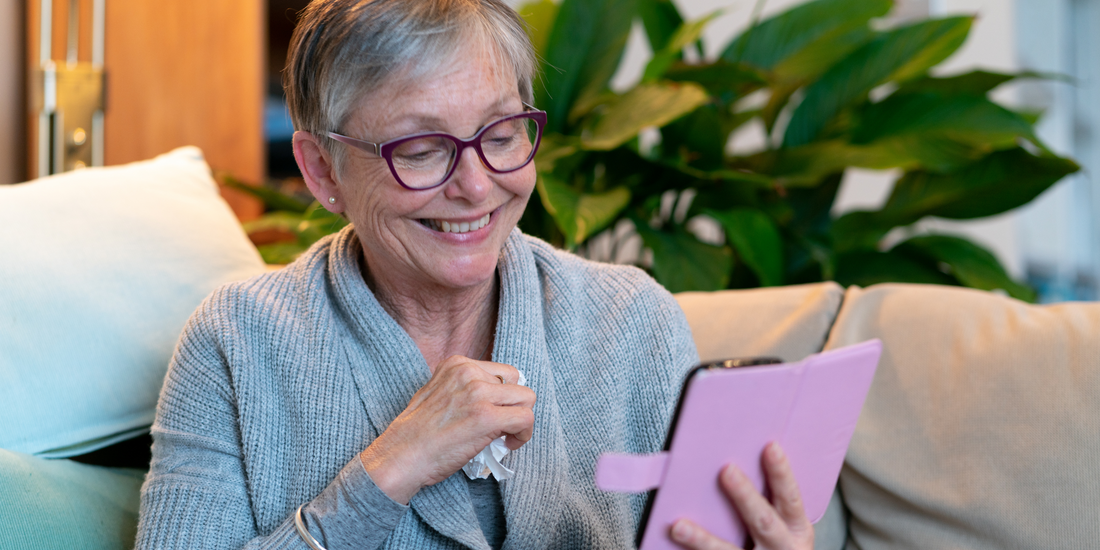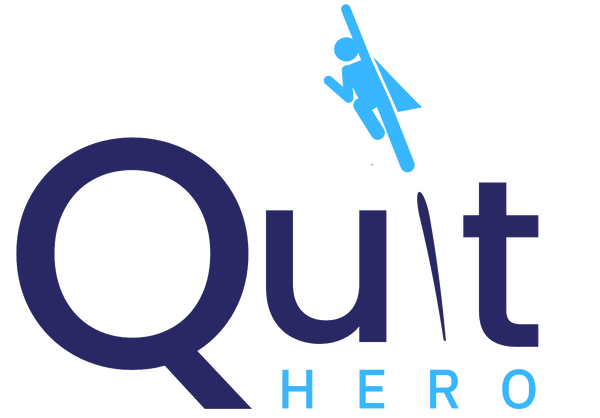
A Step-by-Step Guide to Quit Smoking Clinics in Australia
Share
If you've ever felt like quitting smoking is more of a maze than a journey, you're not alone. Many Australians struggle to find the proper support at the right time. That’s where quit clinics in Australia come in,offering professional, judgement-free help to guide you every step of the way. But what exactly are these clinics, and how do they work? Let’s unpack everything you need to know so you can make an informed, confident decision about your next move toward quitting.
What Are Quit Clinics?
Quit clinics are specialised health services designed to help people quit smoking or stop using other nicotine products. These clinics offer personalised, evidence-based support from trained professionals,like doctors, nurses, and counsellors,to help you manage withdrawal, cope with cravings, and navigate the emotional ups and downs of quitting.
They may be run by:
- Public hospitals
- Community health centres
- Private GP clinics
- Non-profit organisations like Quitline or Cancer Council
- Online platforms offering telehealth consultations
Each clinic may offer slightly different services, but all aim to provide holistic, patient-centred support based on your unique needs.
Step 1: Understanding Your Reasons for Quitting
Before you walk into a clinic, it helps to understand why you want to quit. This isn’t just about willpower,it’s about motivation.
Whether it’s:
- Protecting your family from second-hand smoke
- Improving your long-term health
- Saving money
- Regaining your sense of taste and smell
- Or simply wanting to feel free again.
Your reasons matter. Quit clinics often begin by asking about these motivations, so having a clear sense of purpose can make your first session more productive.
Step 2: Finding a Quit Clinic Near You
Australia offers a wide range of quit clinics, but they’re not always advertised as clearly as other health services. Here's how to find one:
- Talk to your GP: Many general practices in Australia offer in-house quit support or referrals to local clinics.
- Call Quitline (13 78 48): They can refer you to services in your state or territory.
- Check with your local community health centre: Many of these centres include smoking cessation in their list of services.
- Visit government or non-profit websites: Sites like Cancer Council Australia or Quit.org.au offer clinic locators and resources.
- Look into online clinics operating through telehealth, making it easier to access support even in remote or rural areas.
Step 3: Booking Your First Appointment
Once you’ve found a clinic, you’ll usually need to book a session—this might be in person, over the phone, or via video call.
Here’s what to expect during the booking process:
- Basic personal information
- A short questionnaire about your smoking history
- Questions about any previous quit attempts
- A brief health screening to check for conditions that might influence your quit plan
Appointments are often bulk-billed or low-cost, especially in public clinics or those supported by government health programs.
Step 4: Your First Consultation – What Happens?
Walking into a quit clinic for the first time can feel a little daunting. But remember,you're not being judged. You're being supported.
Your first consultation typically includes:
- Health Assessment: A discussion about your medical history, lifestyle, and nicotine use.
- Understanding Triggers: Identifying when, where, and why you smoke.
-
Exploring Options: A healthcare professional will walk you through available treatments like:
- Nicotine Replacement Therapy (NRT)
- Prescription medications (like varenicline or bupropion)
- Counselling or behavioural therapy
- Digital tools or mobile apps
Step 5: Creating a Personalised Quit Plan
Quitting isn’t one-size-fits-all. That’s why quit clinics in Australia focus on creating tailored plans based on your unique habits, health status, and preferences.
Your quit plan may include:
- A quit date (often within 1–2 weeks)
- Coping strategies for cravings and withdrawal
- Recommended treatments (NRT patches, gum, lozenges, or prescription aids)
- Regular check-ins (weekly or fortnightly)
- Access to counselling or support groups
This plan evolves. If something isn’t working, it’s adjusted,not seen as a failure.
Step 6: Follow-Up Appointments & Ongoing Support
Quitting is a process, not an event. That’s why follow-up is key.
Most quit clinics offer ongoing support in the form of:
- Scheduled follow-ups: In-person, phone, or video check-ins
- Text reminders and encouragement
- Support groups: Sometimes offered locally or online
- Relapse prevention: Guidance on how to get back on track if you slip up
The goal isn’t perfection,it’s progress.
Step 7: What If You Slip Up?
Relapsing doesn’t mean failure. It simply means your quit journey is still in motion.
Quit clinics are prepared for this. Instead of shame, you’ll find:
- Reassurance that relapsing is common
- Re-evaluation of your quit plan
- New strategies to handle cravings
- Renewed focus on what’s working
The emphasis is always on learning and moving forward,not guilt.
Are Quit Smoking Clinics in Australia Effective?
When used consistently, professional help can significantly improve your chances of quitting long term. According to the Australian Institute of Health and Welfare, combining behavioural support with pharmacotherapy (like NRT) can double or even triple success rates compared to going it alone.
Benefits of using quit clinics include:
- Professional guidance
- Emotional support
- Access to legal, regulated nicotine treatment
- Greater sense of accountability
- Ongoing encouragement through the ups and downs
Who Are Quit Clinics For?
Quit clinics are ideal for:
- Long-term smokers trying to quit after multiple attempts
- People who’ve tried some NRT but need more support
- Young adults who began smoking early
- Anyone feeling overwhelmed or unsure about quitting alone.
Whether you smoke a pack a day or just socially, help is available and tailored to your level of use.
Tips for Getting the Most Out of Your Quit Clinic Experience
- Be honest: The more your clinician knows, the better they can help.
- Ask questions: No question is too small. You deserve to understand every part of your plan.
- Use your resources: Download apps, join group sessions, or sign up for text support.
- Celebrate small wins: Each day smoke-free is a big deal.
- Stay connected: Follow through with appointments and keep the lines of communication open.
You’re Not Alone – Support Is Closer Than You Think
Quitting smoking is one of the most powerful things you can do for your health,and you don’t have to do it alone. Quit clinics in Australia are designed to meet you where you are, offering support, flexibility, and expert care every step of the way.
So whether you’re thinking about quitting, actively trying, or recovering from a relapse,now is a great time to reach out to Quit Hero.
Remember: Every quit journey is unique. Yours deserves the proper support.
Resources:
https://www.health.gov.au/topics/smoking-vaping-and-tobacco/about-vaping
https://www.tobaccoinaustralia.org.au/
